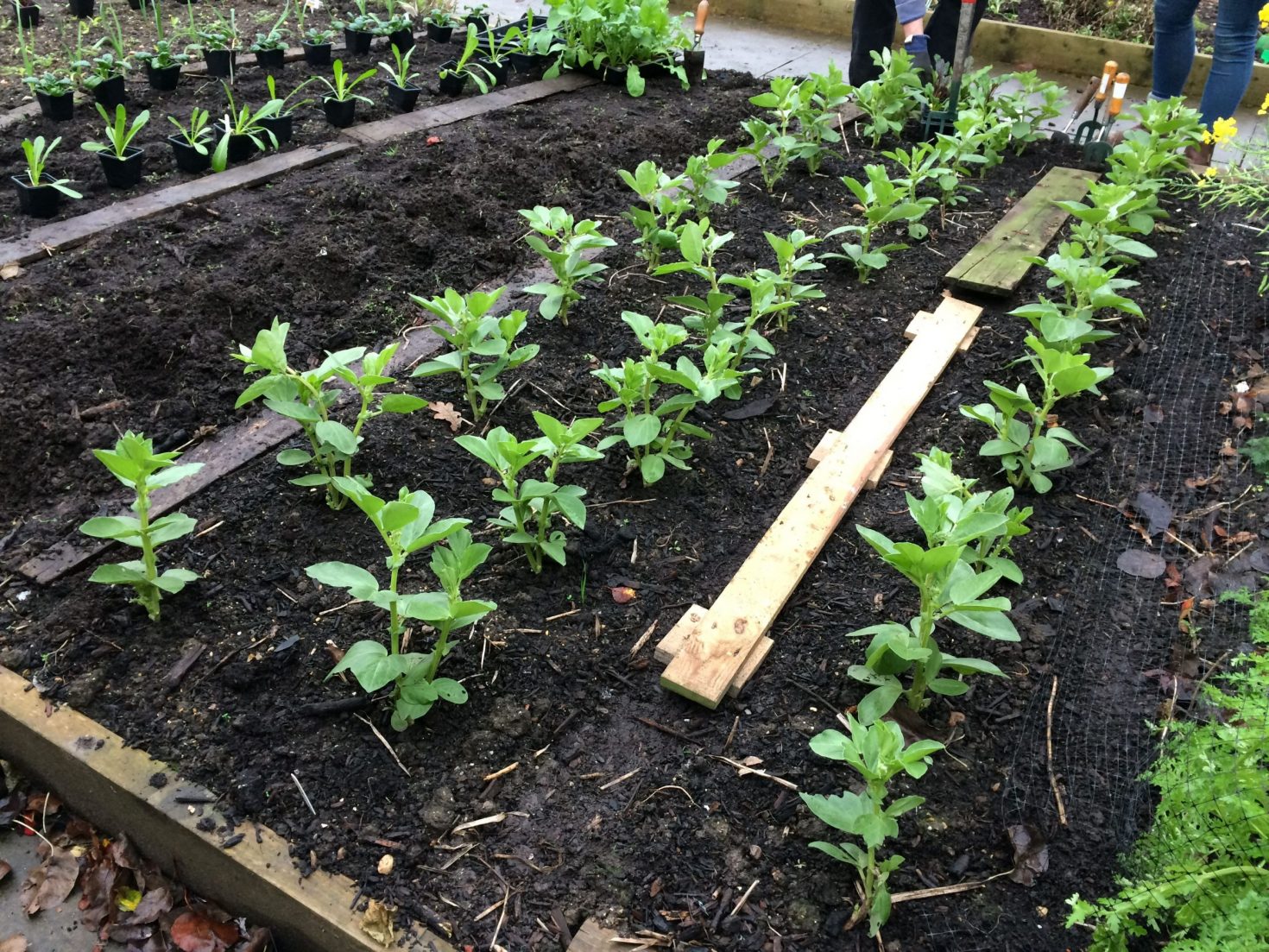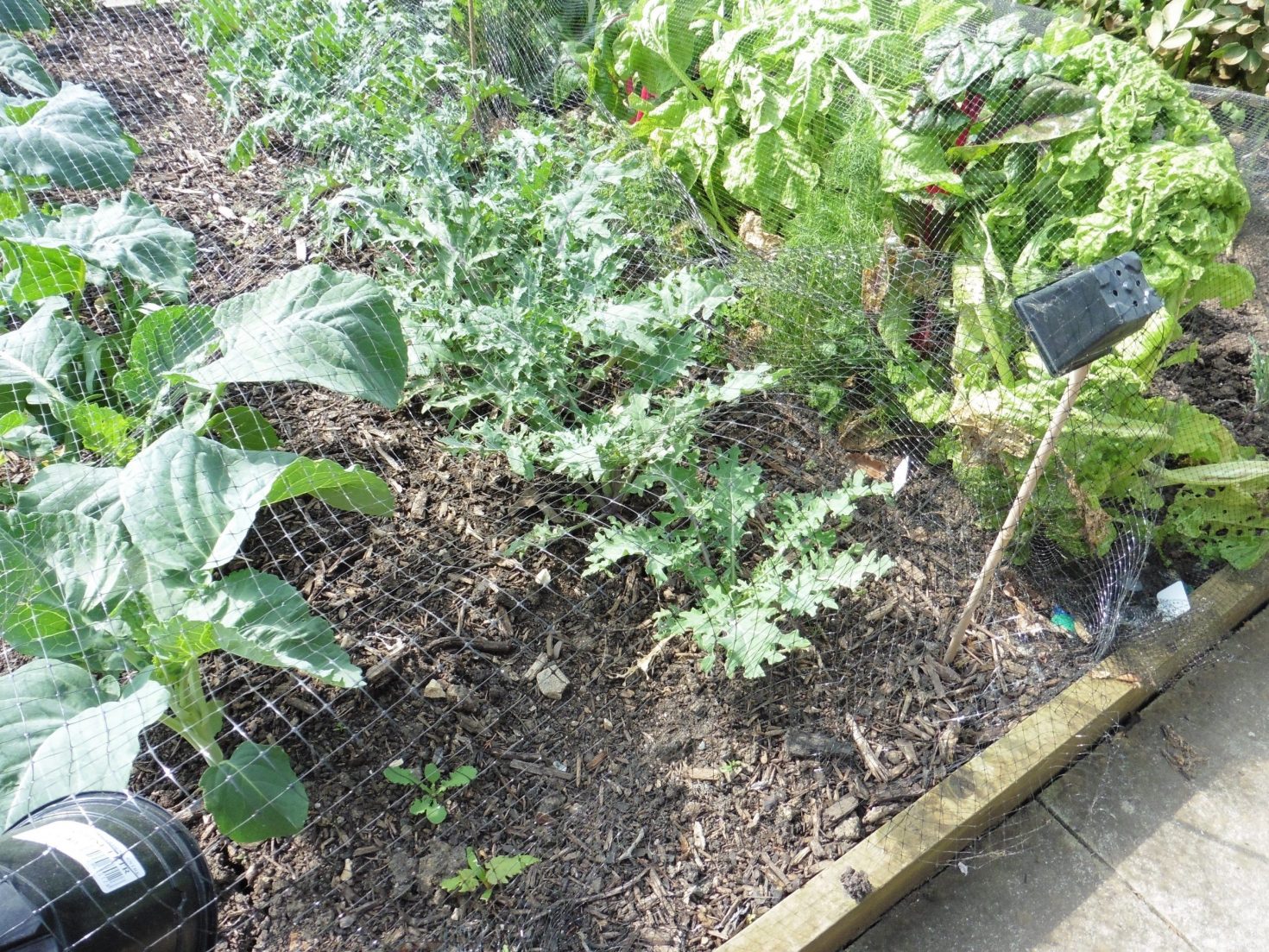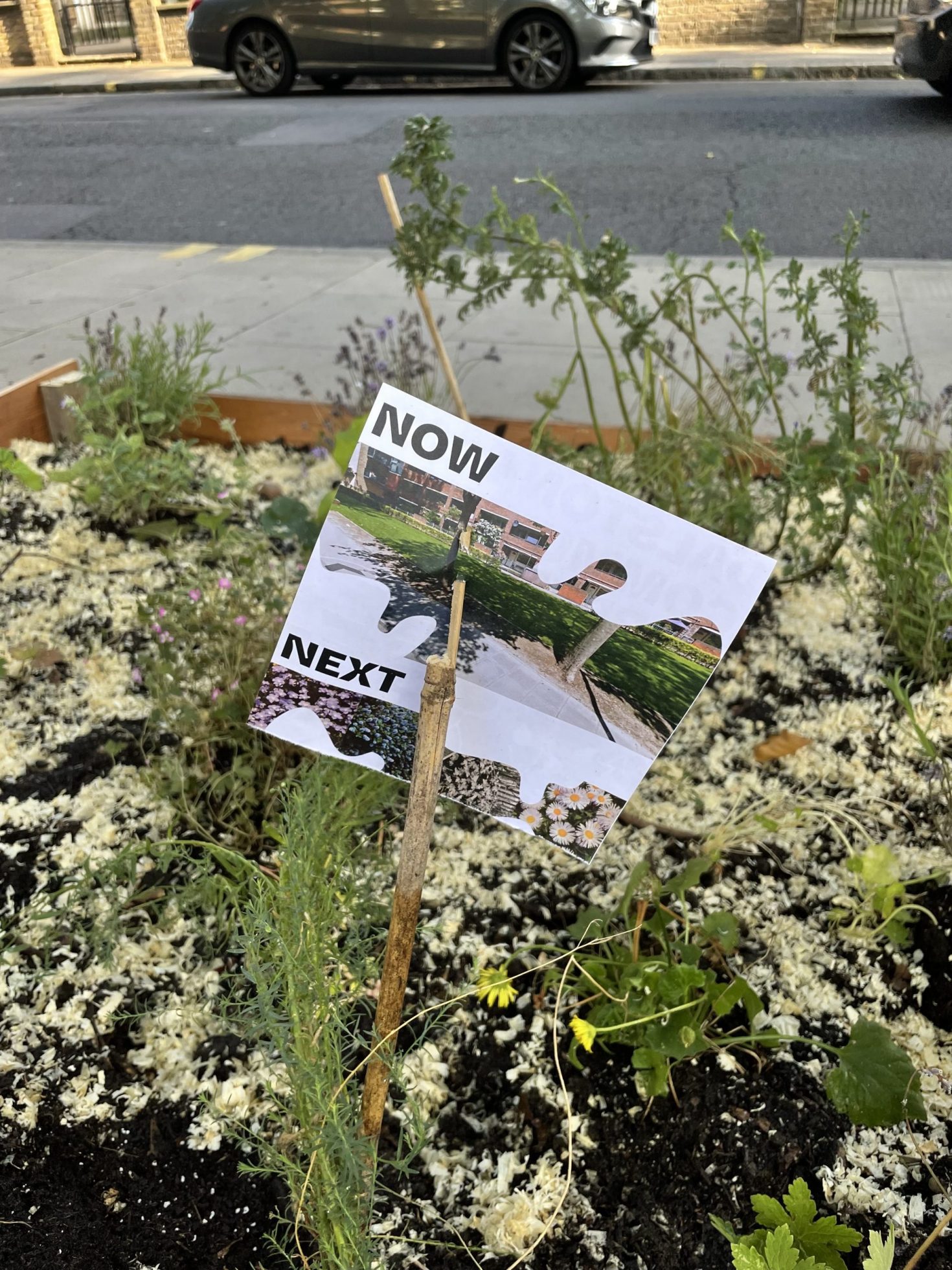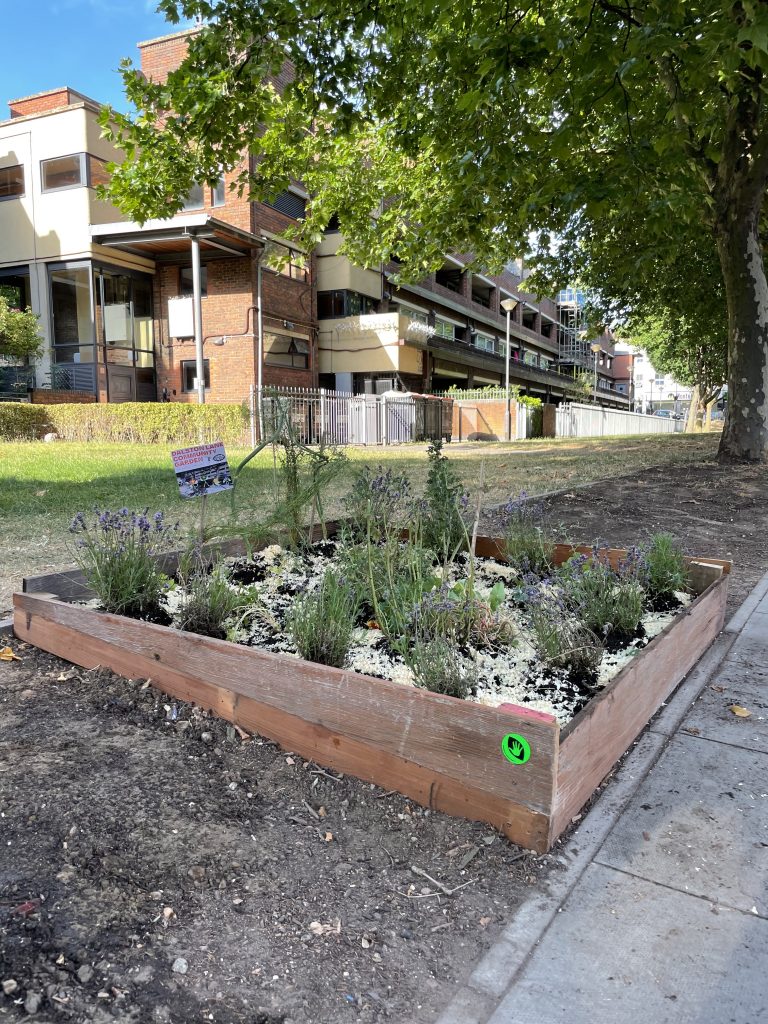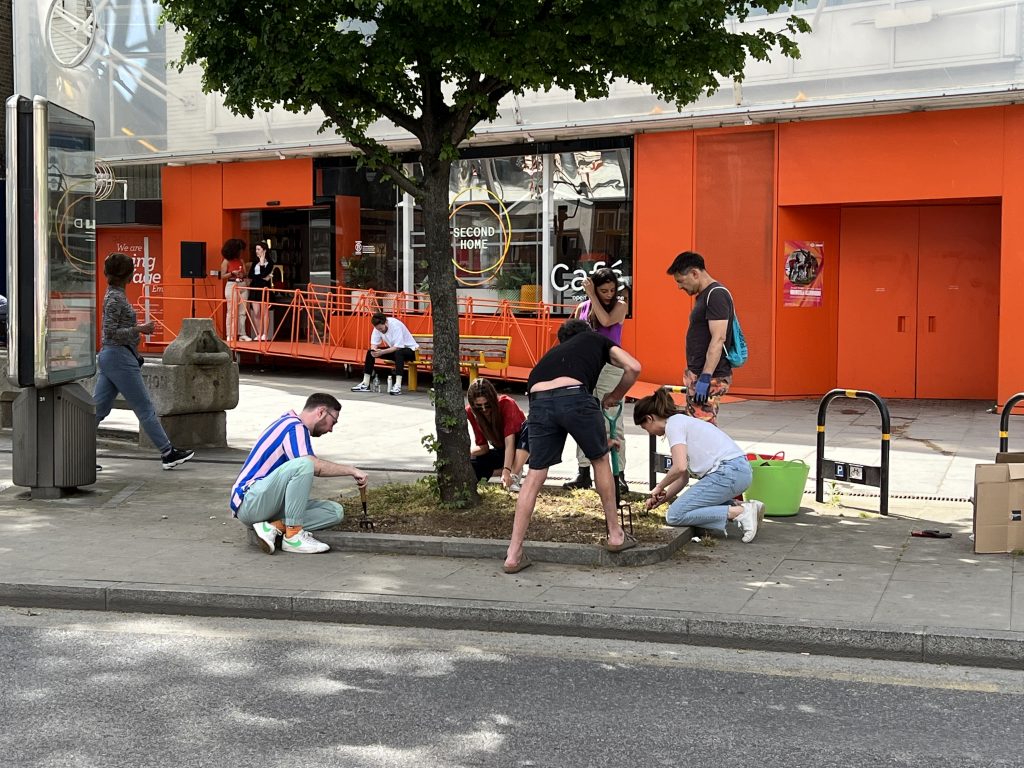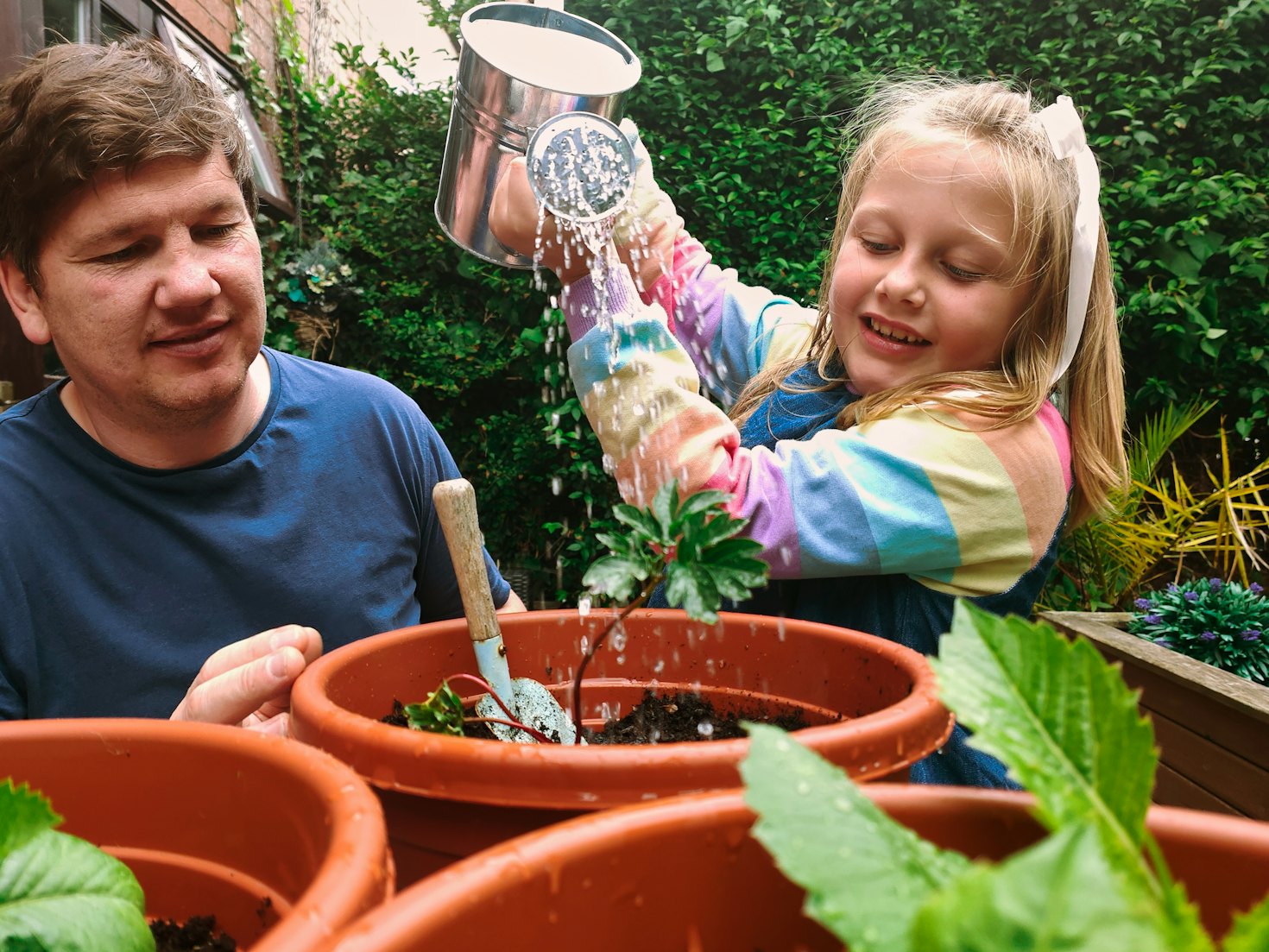Date and time
Tuesday, April 8 · 3 – 4pm GMT+1
Join London’s Right to Grow Learning Network for a talk on why civil food resilience matters and how it can be applied to London’s food system. This session will feature Professor Tim Lang, one of the UK’s leading voices on food policy and resilience.
The UK government assures us that our food security is robust. But is it really? Climate change, geopolitics, food price volatility, and fragile supply chains paint a different picture—one where resilience is key.
Why Attend?
- 🌱 Understand the Risks: How vulnerable is the UK’s food system? What role does policy play?
- 🌍 Explore Solutions: Can the Right to Grow movement contribute to national food resilience?
- 🗣 Engage & Discuss: Have your say on how communities should be involved in shaping food security.
Professor Lang will share insights from his latest research, including a report for the National Preparedness Commission on public food resilience. He’ll explore:
- ✅ The politics of food security
- ✅ The UK’s reliance on imported food & just-in-time supply chains
- ✅ The government’s Resilience Framework (and its surprising gaps)
- ✅ Whether citizens should be involved in food resilience planning—or if supermarkets should have all the power
What to Expect
🎤 Talk by Professor Tim Lang (Professor Emeritus of Food Policy, City University of London)
🤝 Q&A & Discussion on the Right to Grow, food security, and resilience
🌿 Networking & Action-Building with growers, campaigners & policy experts
Whether you’re a food grower, policymaker, activist, or simply someone who cares about the future of food, this event is for you. Let’s build a movement where everyone has the right to grow and shape a resilient, sustainable food system for London and beyond.
Who Should Attend?
This event is open to anyone age 18+ from London who’s interested in food growing, sustainability, activism, and urban futures. Whether you’re a resident, part of a local authority, a community leader, or a policymaker, your voice is important!
After our speakers’ presentations, there will be time for questions and discussion, and the session will be recorded.
Meet your hosts:
Incredible Edible – a grassroots movement that encourages people to grow their own food and share it with others. The movement began in 2007 in Todmorden, West Yorkshire, UK.
Sustain – is a powerful alliance of organisations and communities working together for a better system of food and farming, and cultivating the movement for change.
Nowadays – a social enterprise fighting for urban nature. Nowadays provide resources, educational content, programmes, workshops, and cybergardening tools to make nature and gardening accessible to everyone.




